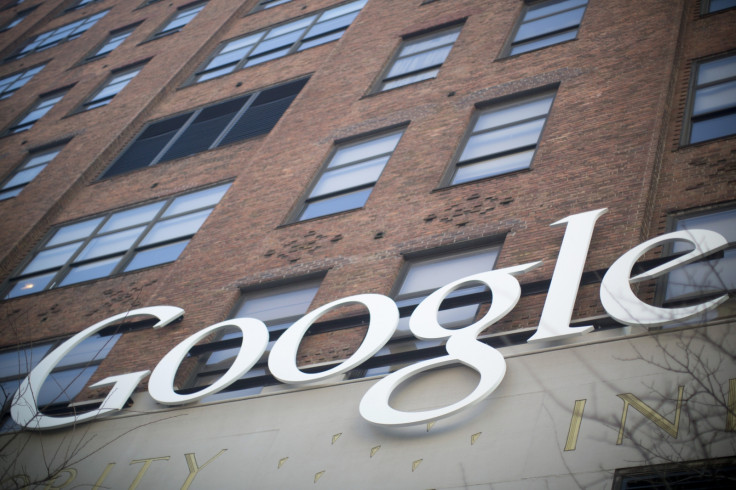Google is not bothered about its stock performance, claims author

Internet major Google is not bothered about the performance of its stock at present, as a fall in share prices would help its position against critics, who say the company enjoys a monopoly in the online advertising market, claims John Straw, author of the book, iDisrupted.
In 2014, Google faced severe criticism, especially in Europe, where it is the dominant search provider with an estimated 90% market share. The EU parliament also proposed a split up of Google's search engine business from other commercial services.
Straw, who co-authored iDisrupted with Michael Baxter, says "underperforming" Google stock allows Google to deflect its strategic critics by simply stating that market reflects its performance, not government.
"Google has made a number of moves recently which made it look as if it had lost the sharpness it is reputed for. As an example, Google 'failed' to secure deals with Apple and Mozilla Firefox to be the default search engines for those browsers. If it had retained those deals it would have around 75% of the search market for desktops - easily enough to reawaken the 'monopoly' calls from the US and European markets. So it would seem that losing those deals is good PR for Google," Straw says.
Meanwhile, Google, having a big cash pile of about $55bn, is investing heavily to enlarge its market. Its $3bn acquisition of home automation firm Nest, $1bn investment in Elon Musk's SpaceX project to provide cheap or free internet to the planet, and huge spending to develop driverless cars are all aimed at growing its market, according to him.
"You can then look at the longer term efforts to grow the whole advertising market. Investing heavily in life sciences (36% of its investments from Google Ventures) Google would like to help us extend our lifetimes. So they can expose us to more advertising," Straw says.
"Then there is Google Driverless cars. If we all spent the average 60 minutes in car hunched over a tablet and being exposed to Google ads, it grows the market."
Given the potential of its investments, the future looks very rosy for Google, he concludes.
(IDisrupted speaks about digital disruption, which is the disruptive effect on business and economy due to the emergence of new technologies.)
© Copyright IBTimes 2025. All rights reserved.






















